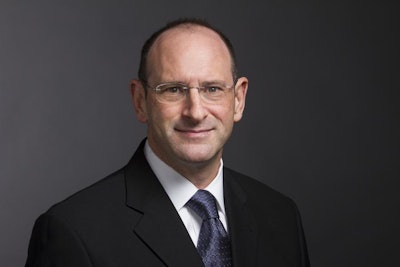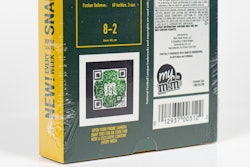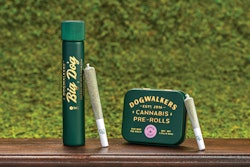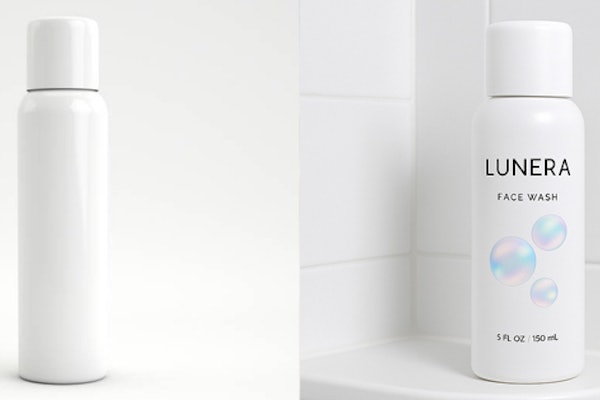Lots of people are wrong in their current thinking about CBD, but in fairness to them, it’s not hard to see why.
First, many people heard that Congress did something in the most recent Farm Bill that legalized some forms of hemp, but people mistakenly conclude that what Congress did made CBD completely lawful.
Second, CBD products are more prolific than Starbucks, with available information flying around freely about the substance’s touted benefits for treating pain, anxiety, sleeplessness, heart disease, cancer, Alzheimer’s disease, and many other ailments.
All of which leaves the average packager or consumer asking, how can an ingredient be illegal if you can find it everywhere in everything? And what about the fact that so many states have made cannabis and related products lawful for sale in their respective states? Let’s see if I can provide some answers.
The 2018 Farm Bill removed industrial hemp containing less than 0.3% of THC—the stuff in cannabis that gets one high—from the list of “controlled” substances, but, importantly, that didn’t change anything about FDA’s powers to regulate what goes into products such as dietary supplements or drugs, and so far FDA is not persuaded that CBD lawfully can be put into those products.
The question of whether the federal government considers a particular product containing CBD lawful depends largely on whether it’s a food such as a dietary supplement, or a drug, or a cosmetic, or something else, because the legal strictures applicable to each such category differ. For example, it appears that FDA is taking the position that CBD can be added to topical cosmetic products, but if those products feature label claims of effect on the body’s structure or function, FDA could consider them unlawful drugs and not cosmetics.
FDA is concerned about safety risks from CBD, pointing especially to concerns with cumulative exposure and the possibility of liver injury. And the agency really really dislikes products containing CBD that claim to do things like alleviate schizophrenia, anxiety, depression, arthritis, heart disease, and cancer, because such claims make the products drugs under the law and besides FDA doesn’t think the claims are proven. FDA sent warning letters in November to 15 companies doing such things, and the Federal Trade Commission, which regulates advertising, has sent notices to some companies as well.
FDA says, “Misleading, unproven, or false claims associated with CBD products may lead consumers to put off getting important medical care, such as proper diagnosis, treatment, and supportive care. For that reason, it’s important to talk to your doctor about the best way to treat diseases or conditions with available FDA-approved treatment options.”
What’s more, FDA says foods and dietary supplements in interstate commerce cannot lawfully contain CBD, even if the products’ labels don’t claim any effects or benefits. There are two big legal reasons: First is because the Federal Food, Drug and Cosmetic Act prohibits dietary supplements from containing a drug ingredient, and FDA approved CBD as an active ingredient in a drug for rare forms of epilepsy in 2018.
Second, as it said in late November 2019, FDA doesn’t think CBD is Generally Recognized As Safe (GRAS) as an ingredient in food, which would allow it to be included as an ingredient in food, unless it had clearance for that use as a food additive or some other legal clearance. (A company could determine CBD in its product is GRAS without FDA’s concurrence.)
Adding to the confusion is that it’s also the case that in states that have legalized sale of cannabis and CBD, the products and their sellers might be left alone by federal regulators. Though FDA and FTC may take action against companies who make improper label or advertising claims for specific products, the U.S. Justice Department has said it will refrain from taking enforcement action against companies who relied on earlier Department reassurances, provided the products meet the state’s requirements and meet several other conditions.
Class action plaintiffs’ lawyers always seem to find creative angles on legal issues, and the CBD trend is no exception. In one example, a company was sued because the plaintiffs say that by marketing dietary supplements containing CBD, an activity the FDA says is unlawful, the company has violated California law against products that are “deceptive, unfair, and unlawful,” misleading consumers into thinking the product is legal to purchase. We shall see how successful cases like those turn out to be.
In the meantime, FDA is working on long-term solutions, having received public input and studying various ways forward, including possibly making changes in its regulations or policies, or recommending changes in the law. Its next steps could be announced soon.
Let’s hope so. It’s never a good thing when the public sees everyday activity with their own eyes that violates what authorities tell them the law requires.
Eric Greenberg can be reached at [email protected]. Or visit his firm’s Web site at www.ericfgreenbergpc.com.
INFORMATIONAL ONLY, NOT LEGAL ADVICE.


























